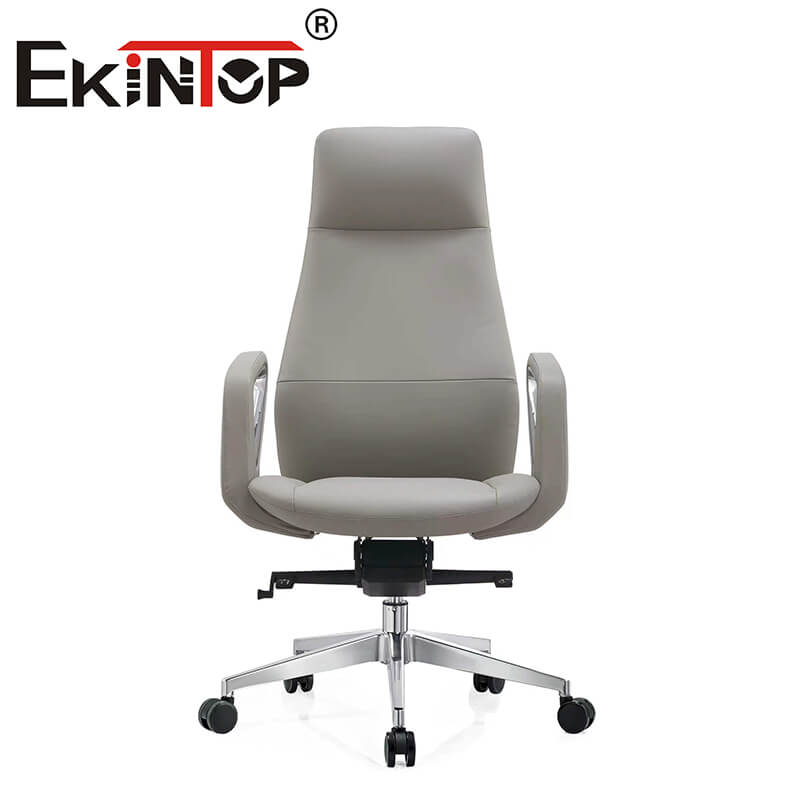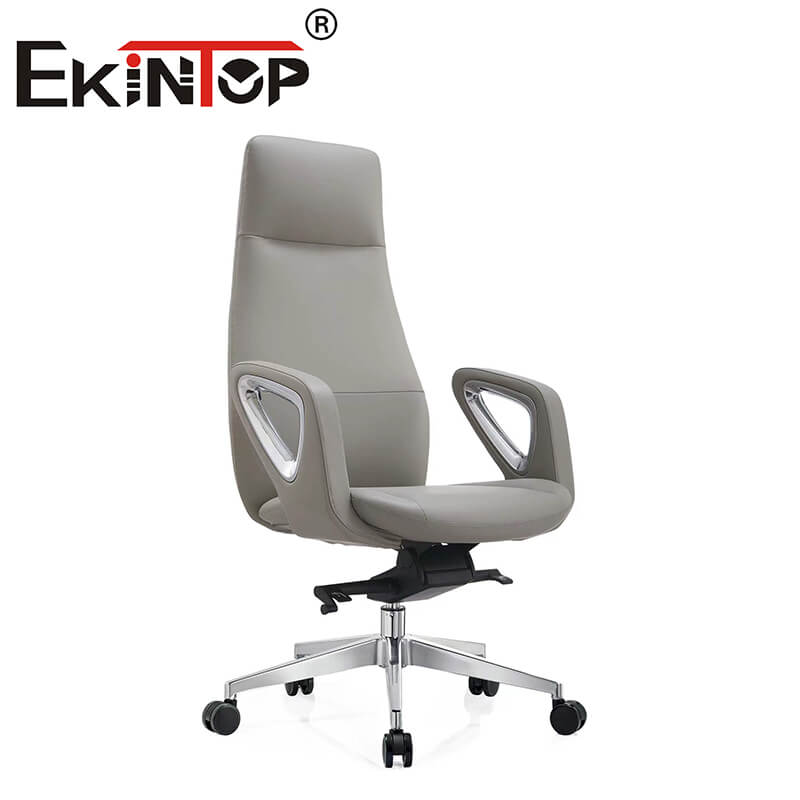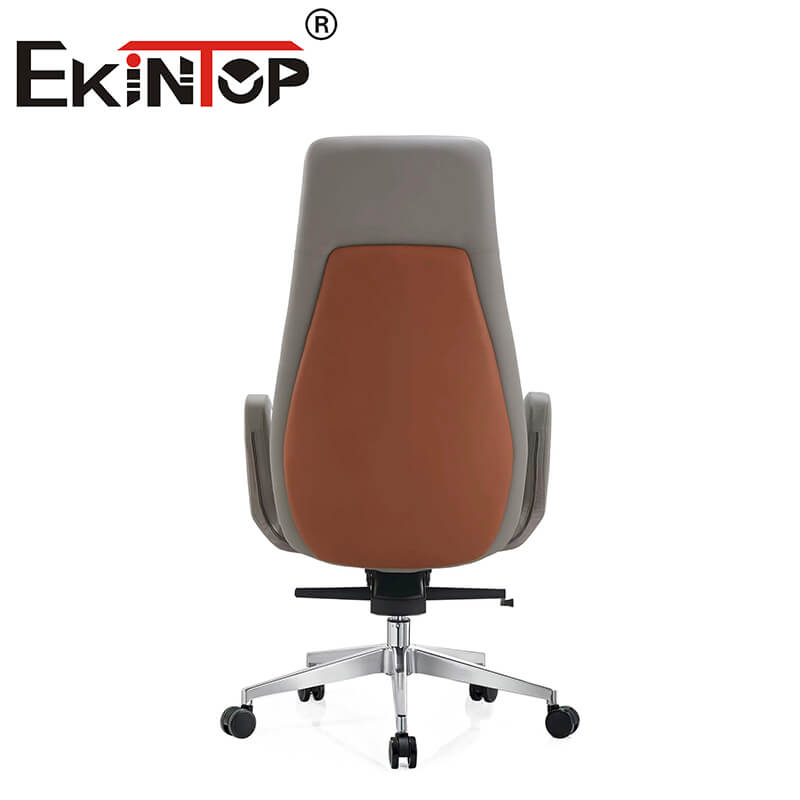
October 15,2025
admin
In Herman Miller’s lab, an esports chair equipped with 16 pressure sensors is real-time mapping the body pressure distribution of professional players, with the data directly driving a 3D printer to produce customized cushions. This is not just an evolution in office chair manufacturing but a paradigm revolution in human-machine interaction. According to Grand View Research, the global office chair market is expected to exceed $34 billion by 2030, with smart products seeing an annual compound growth rate of 24.7%. Traditional manufacturing industries are undergoing an unprecedented technological reconstruction.
Carbon fiber composites are disrupting traditional injection molding processes. The latest executive chair from the American HON company adopts Boeing 787-origin technology, reducing the chair frame weight by 43% while improving the bending strength to 600MPa. This revolutionary material enables dynamic support systems to achieve millimeter-level deformation precision, combined with shape-memory polymer cushions that enhance the even distribution of ischial pressure by 37%.
Nano-coating technology is reshaping surface treatment standards. Japan’s Asahi Glass has developed a superhydrophobic coating with a liquid contact angle of 168°, allowing coffee stains to automatically roll off within three seconds. Even more groundbreaking is the self-healing coating technology, where microcapsules within the coating rupture to release repair agents when detecting micrometer-level scratches, completing molecular-level repairs within 20 minutes. This reduces maintenance costs by 82%.
Bio-based materials are sparking a green revolution. Steelcase, in collaboration with Bionic, has developed an ocean plastic chair, with 38% of the materials sourced from recycled debris from the Pacific Garbage Patch, reducing carbon emissions by 59% compared to traditional products. The seat surface is laser-etched to mimic leather texture, with a Martindale test abrasion resistance of 500,000 cycles.

Neurofeedback technology is rewriting the definition of ergonomics. Okamura, in collaboration with MIT Media Lab, developed a smart chair with 32-channel electromyographic sensors beneath the cushion, monitoring pressure distribution on the erector spinae muscles. When abnormal loads are detected, the pneumatic support system automatically adjusts the curvature of the seat within 0.3 seconds. Clinical trials show that this technology reduces lumbar disc pressure peaks by 48%.
Environmental adaptation systems break spatial limitations. The HÅG Capisco Puls series is equipped with an intelligent temperature control module, which works with PTC ceramic heating plates and semiconductor cooling chips to maintain a seat surface temperature of 24-26°C in environments ranging from -10°C to 50°C. Its energy consumption is only 1/5 of traditional solutions, yet the thermal comfort index is improved by 63%.
The Internet of Things (IoT) hub functionality is transforming management methods. Knoll’s ChairIQ system uses built-in UWB chips within the chairs to collect usage data in real time, with AI algorithms predicting potential failures 14 days in advance. After deploying this system, a multinational company reduced downtime by 79% and cut maintenance costs by 65%.

Flexible manufacturing systems enable customized mass production. Zhejiang Yongyi’s smart factory uses modular design, breaking down orders into 256 standard components via the MES system, supporting 150,000 possible personalized combinations. Their production line changeover time has been reduced from 4 hours to just 12 minutes, while the unit cost has decreased by 23%.
3D printing technology is breaking the limitations of traditional processes. Germany’s Interstuhl introduced metal additive manufacturing, reducing the chair frame manufacturing process from 32 steps to 5. The product has been lightened by 40%, and its topology-optimized structure improves stress distribution by 58%, while its fatigue life exceeds 10 years.
Digital twin systems optimize quality control. Haworth in the United States has established a full-process virtual simulation platform, completing 2,000 virtual collision tests before production, reducing the defect rate from the industry average of 2.1% to just 0.35%. Its optical detection system has a precision of 5μm, capturing micro-defects invisible to the naked eye.

Closed-loop production systems are reshaping supply chains. Vitra’s Circular Series office chair is made from 92% recyclable materials and uses blockchain technology for full traceability of raw materials. The water-based UV coating’s curing time has been reduced to 1/4 of traditional methods, with VOC emissions cut by 98%.
Carbon capture technology creates environmental benefits. Orangebox, in partnership with LanzaTech, developed carbon-negative chairs, with each product fixing 3.2 kg of CO₂. The innovative process transforms steel mill waste gases into polyurethane foam raw materials, achieving carbon-negative emissions throughout the product’s lifecycle.
Deep integration of renewable energy. Fursys, a Korean company, has installed 12,000㎡ of photovoltaic panels on its factory roof, generating 2.3GWh of electricity annually. With a molten salt thermal storage system, it achieves 80% energy self-sufficiency. The smart microgrid system reduces energy consumption for producing a single chair to just 37% of the industry average.
At the Human Factors Engineering Laboratory at the University of Tokyo, an office chair equipped with quantum sensors is real-time analyzing the user’s brainwaves. When cognitive fatigue is detected, it automatically triggers a mentholated slow-release device. This indicates that office chairs are evolving from passive tools to active health management systems. As manufacturing precision breaks through to the nanoscale and smart systems acquire deep learning capabilities, the ultimate goal of office chair manufacturing is no longer just to produce seats, but to create a physiological interface for human interaction with the digital civilization.
By choosing Ekintop’s intelligent office chair solutions, you acquire not just furniture, but a biotechnological platform designed for the future of work.

